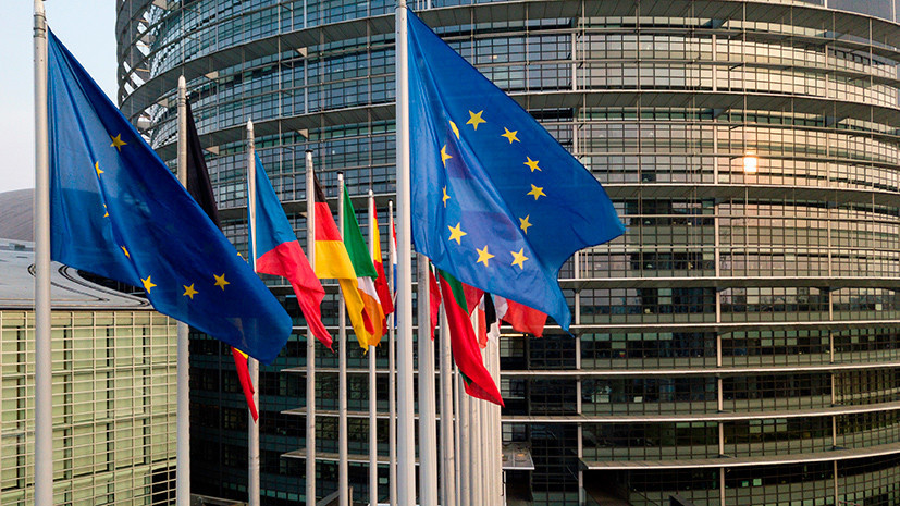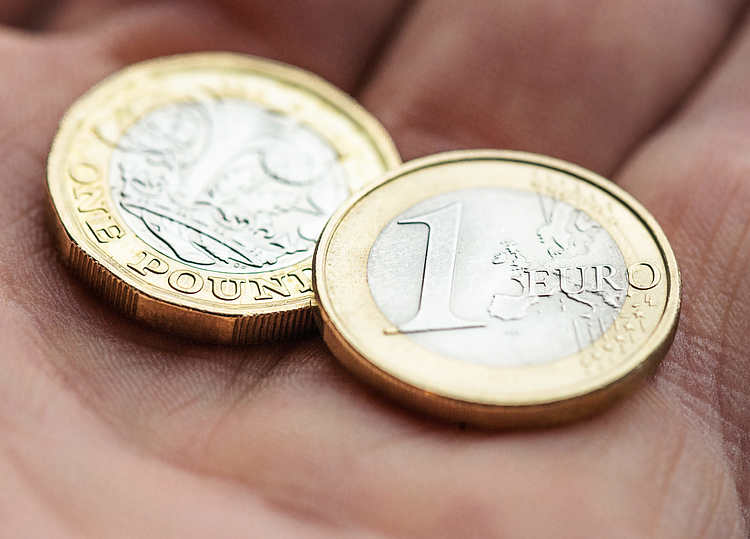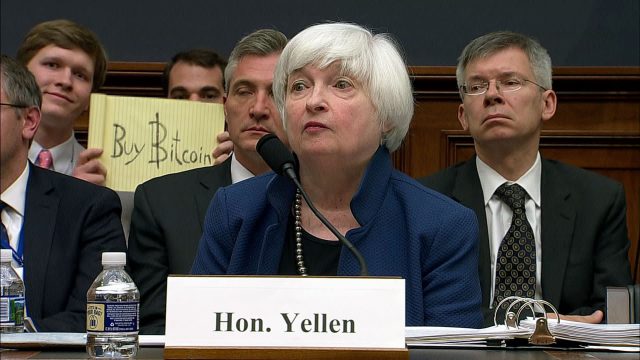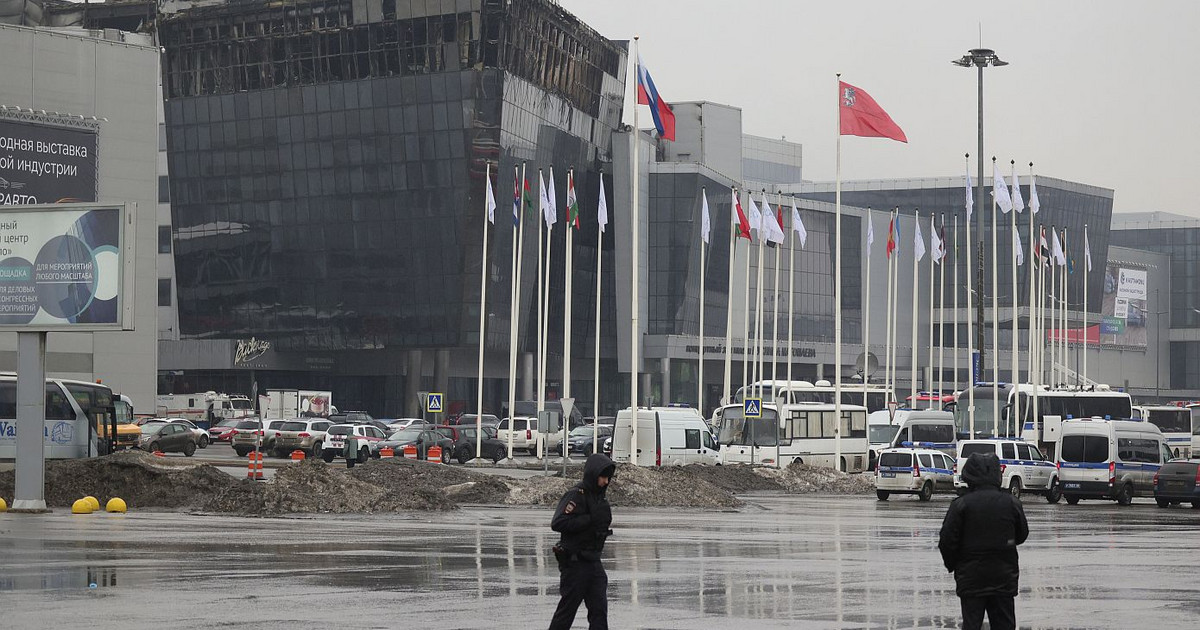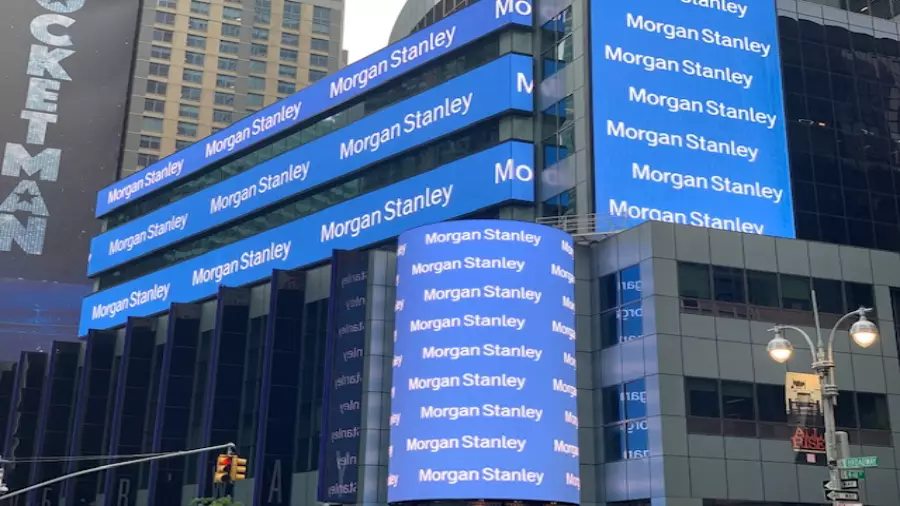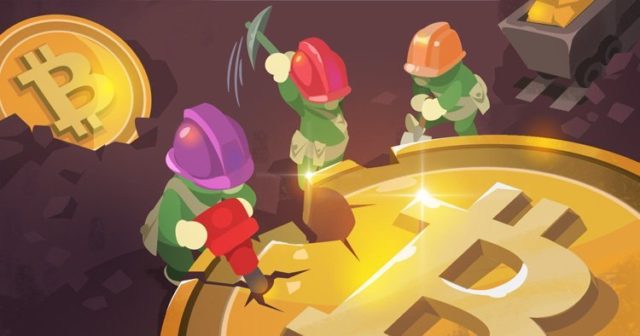Far from the reserve in the middle of the Amazon, where the rise in cases of malnutrition and malaria led the federal government to declare a health emergency, Yanomami indigenous people who migrate to Boa Vista suffer from a lack of support.
Some of them become homeless and become targets of violence and prejudice. Without speaking Portuguese, they have difficulty finding work and even accessing government assistance. Abuse of alcoholic beverages is also common.
One of the agglomeration points is the area under the Peri Lago viaduct, in the center of the capital of Roraima, which is already under pressure from another even greater migratory flow, that of Venezuelans who arrive in search of a better life.
“Living on the street is bad, but I can’t go back to the community, because I was expelled”, says Cauã Sanomã, from one of the Yanomami subgroups that live in Roraima.
According to him, many different tribes came to live in his community, more than 200 kilometers from the capital, which provoked conflicts. Behind this process, there is still the invasion of prospectors in the indigenous land.
“There is also no place for the Yanomami in Boa Vista. Here they bring us food and we exchange it for drink,” he said on Thursday (26), with the help of an interpreter.
The day before, another group of three young people, between 20 and 25 years old, and a teenager were sleeping wrapped in hammocks that were turned into sheets. One of them, who spoke little Portuguese, explained that he is from the Yauari group of the Xexena community, one of the Yanomami subgroups.
This group was even taken back to the Yanomani Territory, where 30,400 indigenous people live, but returned on foot, fleeing the precarious conditions of the reserve.
“The Hutukara (Hutukara Yanomami Association) and the CIR (Indigenous Council of Roraima) monitor these indigenous people. But we don’t have a halfway house, or shelter, or a place for them,” says Nonato Cavalcante, a volunteer who helps indigenous groups in public agencies. “There (in the indigenous land) there are several peoples and they fight among themselves. But here in the city there is a lot of prejudice and they are not safe anywhere”, adds Cavalcante.
Another aggravating factor is the growing presence of miners in the reserve – it is estimated that there are 20,000, an invasion that threatens the health of the indigenous people, since the mercury used contaminates the rivers and the noise of the machines scares away game.
During the interviews under the viaduct, there were threats from Indians to the reporter. Their relationship is tense with merchants and stallholders. “They drink alcohol, fight and walk around naked”, complained merchant Frederico Barbosa.
accidents
Unaccustomed to the urban environment, they have already been victims of at least 10 accidents on the stretch that connects the area with the BR-174 (Manaus-Boa Vista), according to Hutukara. In November, young Ana Yanomami was shot dead at the scene. The shooters were not arrested. The police say they are investigating the crime.
The City Hall of Boa Vista reported that it cares for children and that, in 2022, there were 703 hospitalizations of Yanomami indigenous people at the Hospital da Criança Santo Antônio. Today, of the 62 indigenous people interned, 46 are children.
“It is not the State that is responsible. It is very difficult to control it”, said Governor Antonio Denarium (PP), who highlighted the help with 12,000 basic food baskets.
The Ministry of Health said it had sent medical teams to Boa Vista and the indigenous land, in addition to setting up a field hospital.
Source: CNN Brasil
I’m James Harper, a highly experienced and accomplished news writer for World Stock Market. I have been writing in the Politics section of the website for over five years, providing readers with up-to-date and insightful information about current events in politics. My work is widely read and respected by many industry professionals as well as laymen.

